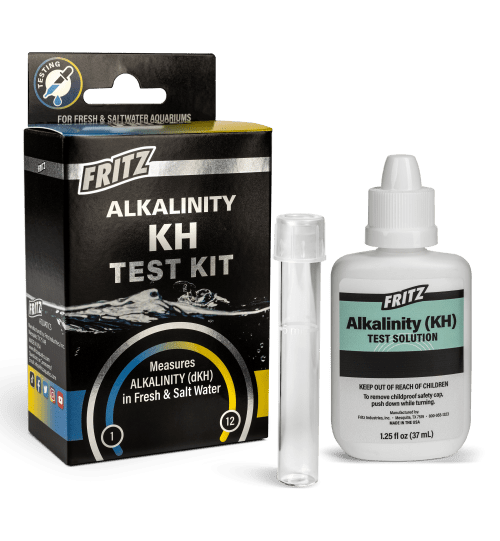

CODE FR04006
Original price
$36.95
-
Original price
$36.95
Original price
$36.95
$36.95
-
$36.95
Current price
$36.95
Availability:
2 in stock.
